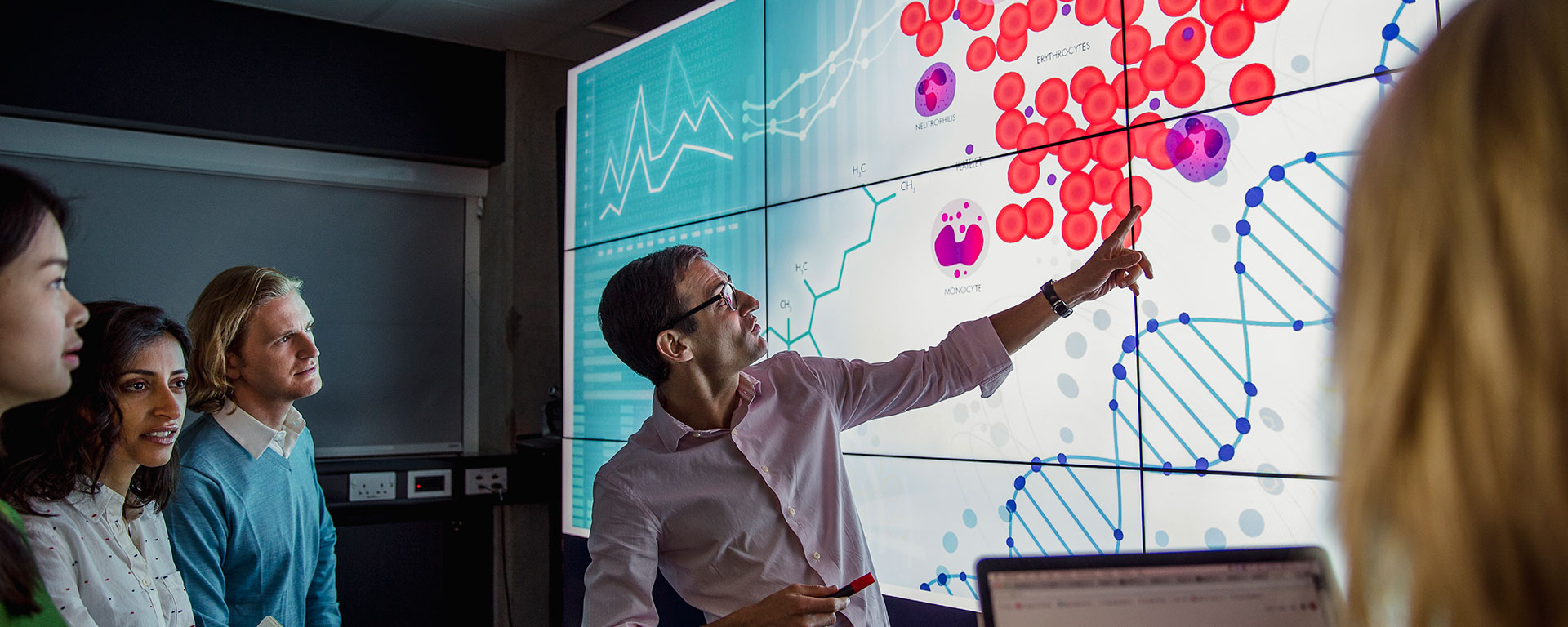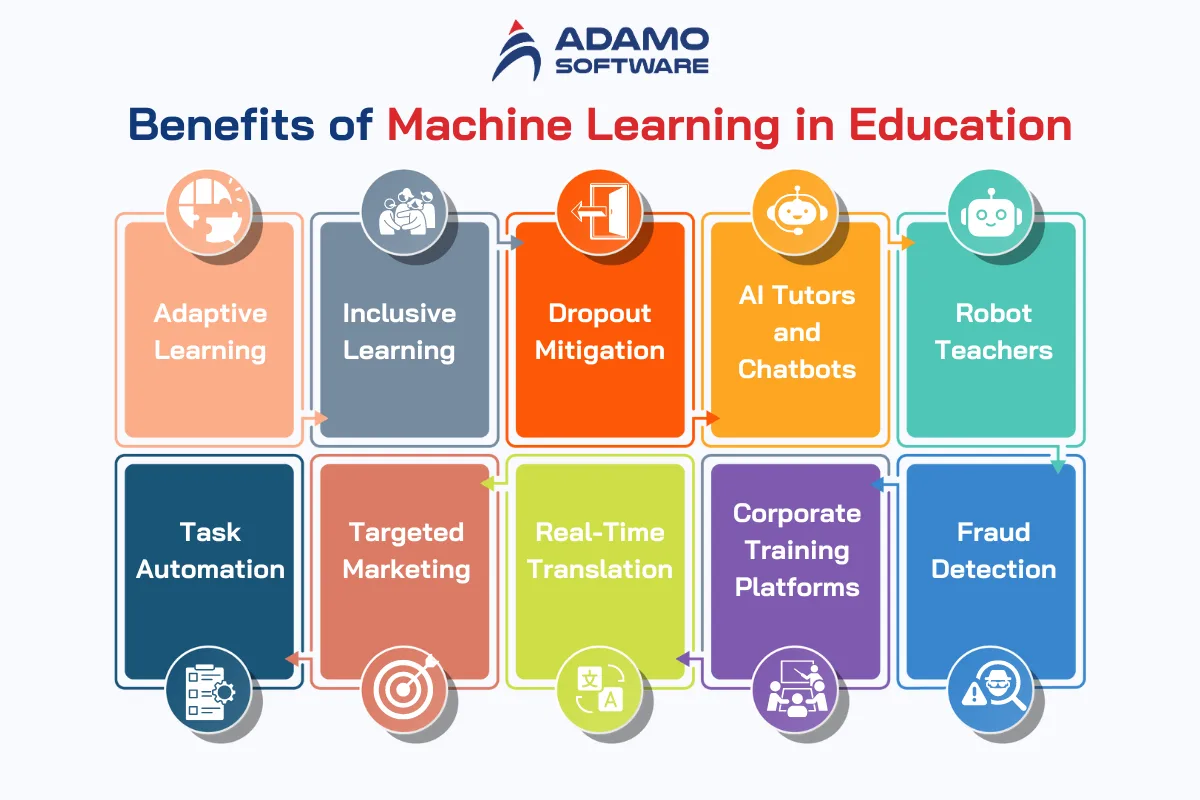Getting My Bioinformatics Tutor To Work
Getting My Bioinformatics Tutor To Work
Blog Article
The Ultimate Guide To Bioinformatics Tutor
Table of ContentsBioinformatics Tutor for BeginnersOur Bioinformatics Tutor DiariesBioinformatics Tutor Can Be Fun For EveryoneThe Only Guide for Bioinformatics TutorNot known Facts About Bioinformatics Tutor
Of the overall individuals associated with the training, 80% were students from public college establishments, while the staying 20% originated from exclusive institutions. To get a certification of participation, trainees were required to participate in at the very least 90% of the overall training hours. As a result of this demand, an impressive 95% of the participants effectively obtained their certifications, having not just met the minimum participation standards but also completed all designated tasks throughout the training.
During the elevation of the COVID-19 pandemic, particularly in between June and August 2020, the project group was charged with arranging specialized training in bioinformatics. This training was specifically focused on pupils from the research study group Center for Research in Applied Computer at the Federal University of Pará (UFRA) The adaptation to remote knowing platforms as a result of the pandemic produced a possibility to check out brand-new teaching techniques and electronic devices that improved both reach and performance.
This training course was designed to give an accessible yet comprehensive review of Artificial Knowledge techniques, especially as used in bioinformatics (Bioinformatics Tutor). This digital layout enabled engagement from students across Brazil, numerous of whom could not have had the opportunity to attend in-person sessions.
Bioinformatics Tutor - Questions
Approximately 50% of the complete training hours were devoted to sensible activities where pupils constructed intelligent designs and applications in a variety of clinical domains, consisting of genes, molecular biology, and environmental information evaluation. These platforms enabled pupils to involve in real-time information adjustment, version training, and formula experimentation.
The course drew in 80 participants in total. Sixty of them were associated with various higher education establishments in the state of Pará, while the remaining twenty came from institutions found in 5 various other Brazilian states. This wide geographical depiction highlighted the national rate of interest in bioinformatics and the growing demand for specialized abilities around. By presenting Artificial Intelligence in a practical and appropriate context, the campaign offered to connect the void between theory and real-world application, providing students with a strong foundation for future research study or employment in the field.
The training initiative developed component of a wider scholastic outreach effort called the Bioinformatics when traveling job. This job has, throughout the years, presented dozens of pupils to the world of bioinformatics and computational biology. The occasions held under this umbrella initiative have actually occurred across several regions and years, as summed up in Table 1 (Listing of occasions, locations, years, and total numbers of pupils and trainers)
Among one of the most amazing results of the Bioinformatics when traveling effort has been its contribution to the growth of decentralized research study groups. Several of these groups, initially united by their participation in training events, have actually considering that taken place to generate independent scientific study in partnership with regional academic establishments. The training not only fostered scientific reasoning within the context of bioinformatics yet likewise triggered collective relationships that expanded past the training setting. These collaborations have brought about raised regional scientific performance and contributed meaningfully to the growth of the broader bioinformatics neighborhood in Brazil.
The 9-Second Trick For Bioinformatics Tutor
The project itself was conceived and arranged by MB and RR, who managed the planning and application of each action. Lectures were delivered by a multidisciplinary group containing MB, FA, EF, KP, JS, DM, SN, LP, LG, IH, rr, and a/c. The very same team, excluding IH and RR, likewise served as tutors for the useful training modules. Funding for the job was provided webpage via the give 88887.200562/ 2018-00 from CAPES. The writers prolong their gratefulness to every person that added to the understanding of this task, whether straight or indirectly, given that its creation.
The Federal University of Pará's Office of Research study (PROPESP/UFPA) also provided financial assistance, specifically for the manufacturing of the final manuscript. The writers declare no economic or business conflicts of interest that could have affected the research. All opinions and analyses expressed in this article are only those of the authors and do not necessarily show those of their particular institutions, the publisher, editors, or reviewers entailed in the magazine process.

The 7-Second Trick For Bioinformatics Tutor
From a pedagogical perspective, the training method used in the training was intentionally interactive. Classes were performed in a manner that encouraged trainee engagement and discussion, going past rote memorization to explore how ideas are developed, applied in life, and tested in scholastic settings. The instructional approach concentrated on nurturing both strong and struggling trainees, providing individualized support, and structure self-confidence with continual mentorship and persistence.

Each team, including around 36 participants, was sustained by three coaches-- the majority of whom were postdoctoral scientists with specialized proficiency. These coaches not only assisted make the team tasks however likewise facilitated their implementation, making sure that each research study concern was both appropriately difficult and relevant. The objective was to supply a naturally sensible context that participants might explore via flexible purposes and accessibility to curated datasets.
For extra understandings right into the method and outcomes of this project-based knowing approach, viewers are routed to S1 Text, which consists of thorough summaries of the instructional structure, analysis strategies, and project styles made use of in the training sessions.
The Main Principles Of Bioinformatics Tutor
Of the my review here total amount participants included in the training, 80% were students from public greater education organizations, while the staying 20% came from private organizations. To qualify for a certification of involvement, trainees were required to participate in at the very least 90% of the overall training hours. Especially, beyond the pupils who registered in the training sessions, seven knowledgeable teachers got involved right here in providing the training courses, while three specialized study professors collaborated the overall training procedure. Roughly 50% of the overall training hours were devoted to useful activities where pupils built intelligent versions and applications in a range of scientific domain names, consisting of genetics, molecular biology, and environmental data evaluation. The training not only fostered clinical reasoning within the context of bioinformatics yet likewise triggered joint relationships that expanded beyond the training atmosphere.
Report this page